Hello everyone!
This week on The Cosmic Companion, we look at the Apollo and Artemis programs, discussing how these first missions to the Moon set the stage for the next step in human evolution — becoming an interplanetary species.
We will be talking with NASA historian Andy Saunders. His new book, Apollo Remastered, is filled with never-before-seen and newly remastered photographs exploring the history of humanity’s first forays to our planetary companion.
The Apollo Program, one of the greatest accomplishments in human history, lifted off (Ha! See what I did there?) in 1961, when President John F. Kennedy announced that the United States would put an astronaut on the moon before the end of the decade, a goal many people considered impossible.
Listen to the podcast version of this episode here, or watch it as a video!
The program faced numerous challenges, including the tragic deaths of astronauts Gus Grissom, Ed White, and Roger Chaffee in the Apollo 1 fire. However, NASA and its partners persevered, making significant improvements to space technology.
In 1969, the Apollo 11 mission successfully landed astronauts Neil Armstrong and Buzz Aldrin on the Moon. Five additional missions to the lunar surface and the “successful failure” of Apollo 13 showed we could send humans to the Moon, and bring them safely back to Earth, fulfilling the dream of John Kennedy.
The Apollo program also laid the foundation for future missions, including the first U.S. space station, Skylab, and the Apollo-Soyuz Test Project, the first international human mission beyond our planetary cradle.
The Apollo Program also had significant impacts on culture, capturing the public’s imagination, inspiring a new generation of scientists, engineers, and explorers. The success of the Apollo Program captured the imaginations of people around the globe.
The Apollo Program not only demonstrated the incredible capabilities of human technology and engineering, but also marked a major milestone for the future of human evolution.
Next up, we talk with Andy Saunders. We’ll discuss his new book, Apollo Remastered, and talk about his work exploring NASA’s Apollo archives in search of unseen photographs from humanity’s first tentative steps to the stars.
Hold on to your spacesuits because we are about to embark on the next great adventure in space exploration.
[Oh, I’m holding on. Believe me - I’m holding on.]
The Artemis program, NASA’s plan to bring humans back to the Moon, is not just about setting foot on the lunar surface once again, it’s about setting the stage for future missions to Mars and beyond.
[Plus, it has a really cool name.]
It’s like a game of cosmic hopscotch, and the Moon is just our first hop. I promise I will NOT carry this analogy too far!
[He would, in fact, carry that analogy too far.]
The Moon will serve as a great “steppingstone” to deeper space, testing new technologies and training for longer missions. Future explorers will use the Moon as a testing ground for living and working in space before we take the plunge and set forth to Mars.
[It’s just like hopscotch!] {sigh. yeah}
In order to journey to other worlds, we need to develop a means of easily getting to our planetary companion. With the Artemis program, NASA plans to use the Space Launch System (SLS) rocket and the Orion spacecraft to send humans back to the moon. It’ll be a bit like a lunar Uber, but without the surge pricing.
And once we establish a permanent presence on the Moon, we can start thinking about our next move: Mars. Let’s be honest, Mars has always been the cool kid on the block. Everyone’s going to want to live there. It’s got the red dust, the water, and let’s not forget about those cool rock formations. Plus, it’s the ultimate survival test. Never mind New York. If we can make it on Mars, we can make it anywhere.
[Let’s talk more about this red dust…]
The Artemis program is more than just a trip back to the Moon, it’s a steppingstone to humanity’s next great adventure in space exploration. It’s about testing new technology, training for longer missions, and most importantly, preparing for our next big move: Mars.
[HOPSCOTCH!}
So, let’s strap on our spacesuits and get ready to take the next giant leaps for mankind — to the Moon and beyond!
While we are on the subject, Mars is our next step on this show as well! Next week on The Cosmic Companion, we talk about Our Future on Mars! We’ll be joined by James Burk, executive director of The Mars Society.
Since you made it to the end of the show, I’m gonna assume you enjoyed it. I mean, it’s not like you just fast-forwarded to the end of the episode, did you? Why would anyone do that?
Maybe you know someone else who might like The Cosmic Companion? Share it, like it, comment on it, send the episode all over the internet, why don’t you? It can’t hurt. Probably.
Clear skies!
James
P.S. if you are an educator, check out our 25% discount on VIP Subscriptions below!
Educators get a 25% discount off VIP subscriptions with any .edu email address. Are you an educator without a .edu address? Contact us and let us know!





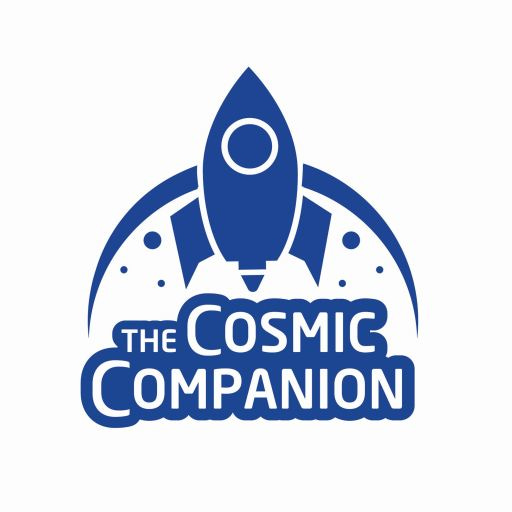







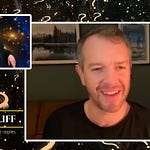

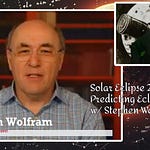

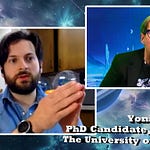



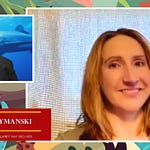

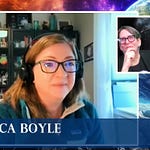
Our Future on the Moon - Apollo to Artemis w/ Andy Saunders